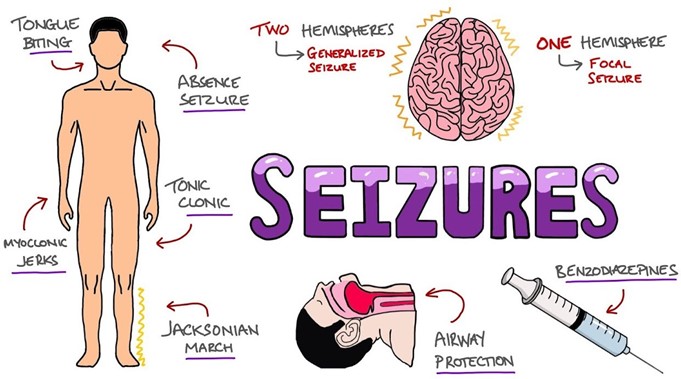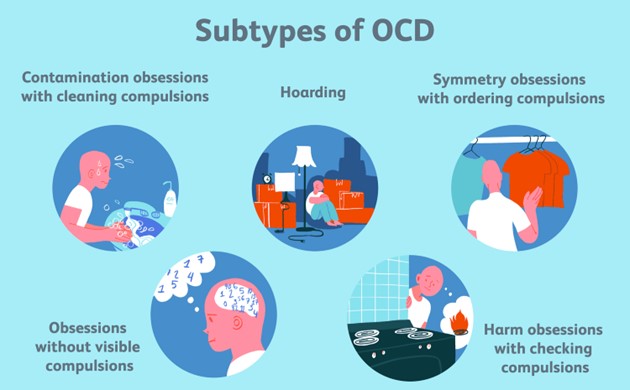A patient without health insurance comes into the Emergency department limping and dripping blood from a head wound. Which of the following should be done first for this patient?
Determine triage level and examine and stabilize as needed.
Give the patient information about facilities that specialize in treating people without health insurance.
Ask the patient to sign in and provide method of payment for services.
Transfer the patient to a hospital that specializes in traumatic brain injuries.
The Correct Answer is A
The nurse should determine the patient's triage level and examine and stabilize the patient as needed when caring for a patient without health insurance who is limping and dripping blood from a head wound in the Emergency department. This intervention is the priority because the patient could be at risk of life-threatening complications if their condition is left untreated. Giving the patient information about facilities that specialize in treating people without health insurance, choice B, and asking the patient to sign in and provide method of payment for services, choice C, may be necessary but are not the priority at this time. Transferring the patient to a hospital that specializes in traumatic brain injuries, choice D, may be necessary after stabilizing the patient, but it is not the priority at this time.
Nursing Test Bank
Naxlex Comprehensive Predictor Exams
Related Questions
Correct Answer is B
Explanation
When a client is experiencing alcohol withdrawal, seizures are a common finding. Benzodiazepines are the preferred medications for alcohol withdrawal, and they are used to prevent seizures and treat symptoms of anxiety, agitation, and autonomic hyperactivity. Stuporous level of consciousness (Choice A), pathological changes on a CT scan (Choice C), and bradycardia (Choice D) are unlikely findings in a client experiencing alcohol withdrawal. Stuporous level of consciousness is more indicative of acute brain dysfunction or coma. CT scan findings may indicate structural brain injury, such as a brain tumor or stroke. Bradycardia is not a common finding in alcohol withdrawal but may occur in severe cases. However, tachycardia is a more common finding.

Correct Answer is A
Explanation
As clients with obsessive-compulsive disorder (OCD) often demonstrate repetitive behaviors to decrease anxiety. Cleaning or other repetitive behaviors help the client with OCD to cope with their anxiety by providing a sense of control over their environment.
 Choice B, the client's wish to decrease the time available for interaction with others, is not a characteristic of OCD and does not explain the client's behavior. Choice C, the client's unconscious need to manipulate others, is a personality trait that is not associated with OCD.
Choice B, the client's wish to decrease the time available for interaction with others, is not a characteristic of OCD and does not explain the client's behavior. Choice C, the client's unconscious need to manipulate others, is a personality trait that is not associated with OCD.
Choice D, the client's delusion that cleaning is necessary, is not an accurate explanation for the behavior in this situation as the client is aware of their excessive cleaning behavior and it is not a delusion. The repetitive behavior is related to the client's anxiety, not a delusional belief.
Whether you are a student looking to ace your exams or a practicing nurse seeking to enhance your expertise , our nursing education contents will empower you with the confidence and competence to make a difference in the lives of patients and become a respected leader in the healthcare field.
Visit Naxlex, invest in your future and unlock endless possibilities with our unparalleled nursing education contents today
Report Wrong Answer on the Current Question
Do you disagree with the answer? If yes, what is your expected answer? Explain.
Kindly be descriptive with the issue you are facing.
